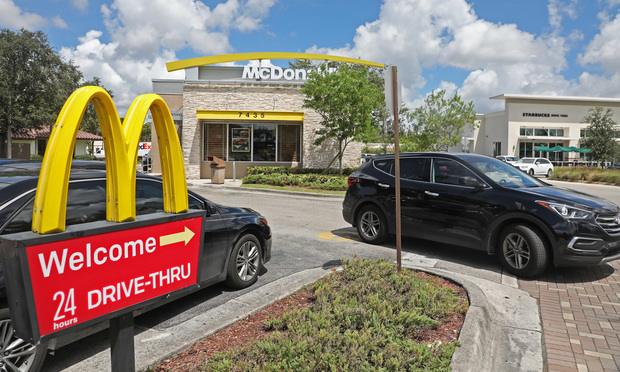It not clear that laws should be made based on cases involving one franchisor, but lately it seems that McDonald’s is at the center of some important legal issues for franchising in the United States.
The looming question for franchising since the 2015 National Labor Relations Board (NLRB) decision in the Browning-Ferris Industries case has been the joint employer standard. For the 30 years prior to Browning-Ferris Industries, the NLRB consistently maintained that to find a joint employer relationship, two separate entities must share “direct and immediate” control over the essential terms of employment. In Browning-Ferris, the NLRB decided that a staffing agency and its client—the employer—could be joint employers under a broad standard which not only looked at the exercise of direct control by the staffing agency, but also its indirect control, over the employer and the employees it was providing to the employer. The court also considered reserved control, such as contractual provisions reserving the right to control to the employer, regardless of whether that control had been actually exercised. This new broad approach looking at indirect and reserved control had drastic implications for franchisors because they always exercise some control over their franchisees, and indirect and reserved control are amorphous concepts. Indeed, the International Franchise Association has reported that “the expanded joint employer standard has cost the American economy $33.3B per year, led to 376,000 fewer job opportunities, and resulted in a 93% increase in lawsuits against franchise businesses.”


 9/18/18- Miami Lakes- McDonald’s restaurant at 7435 Miami Lakes Drive.
9/18/18- Miami Lakes- McDonald’s restaurant at 7435 Miami Lakes Drive.




